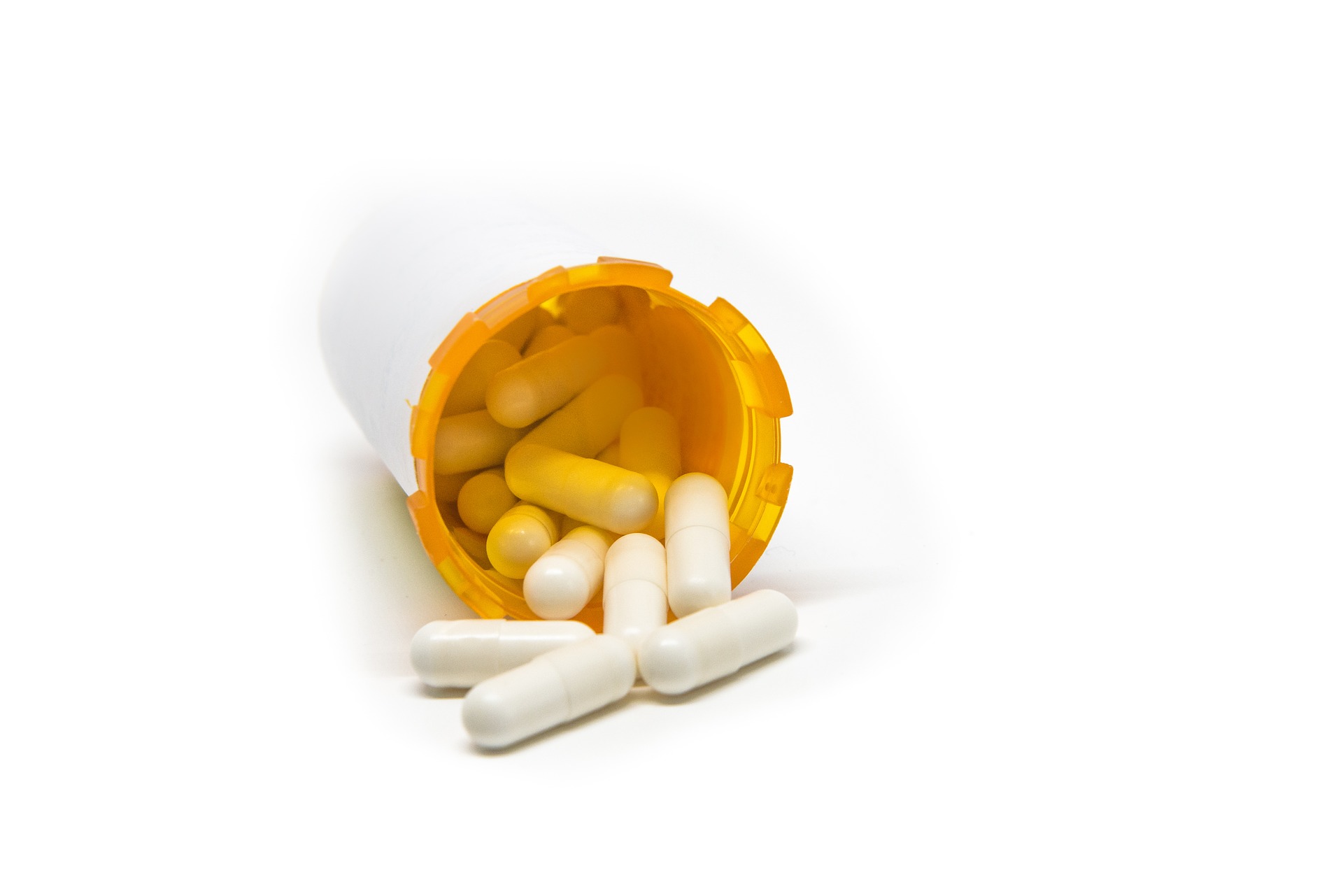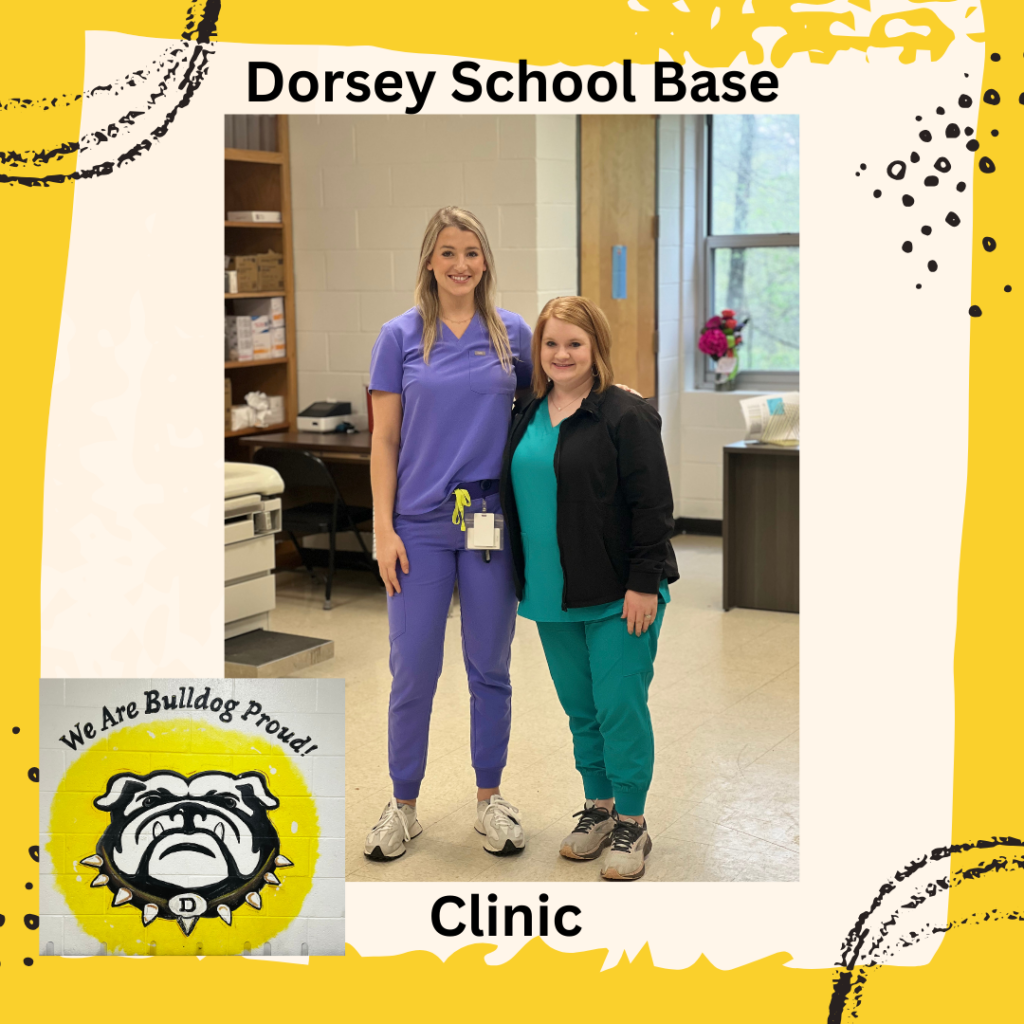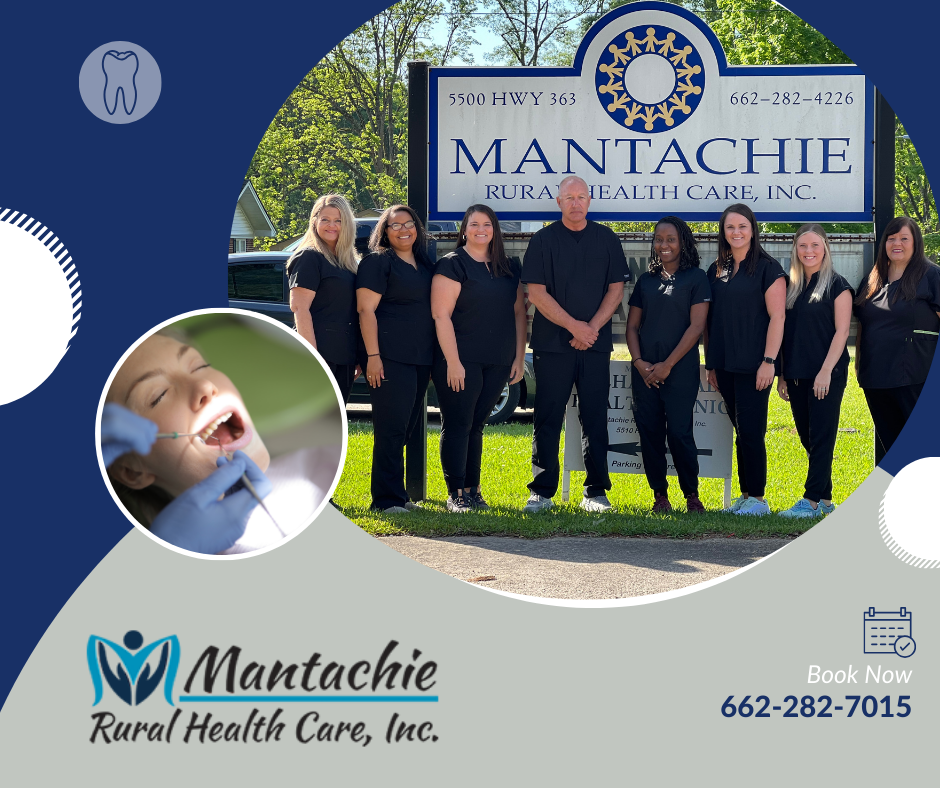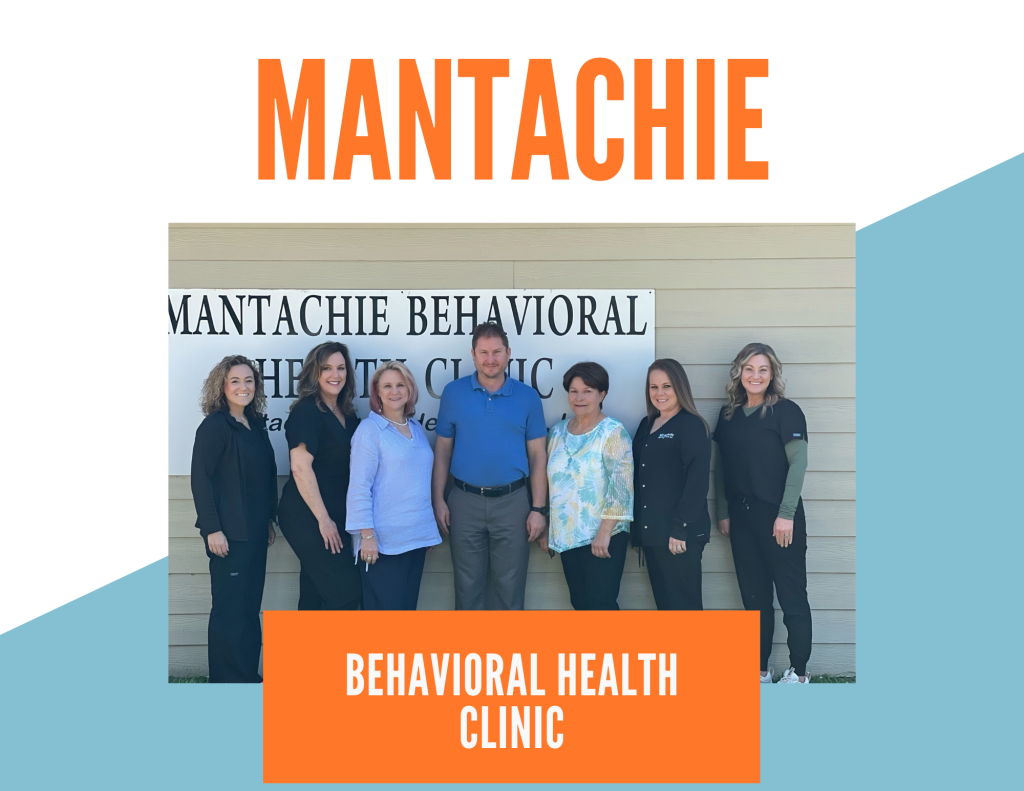 Did you know Lee County is the #4 county in the state for opioid deaths?
Did you know Lee County is the #4 county in the state for opioid deaths?
“(Opioid use and abuse) is very prevalent in the population we serve. I don’t know if there has been an increase in people abusing opioids, but they are more willing to talk about it now and ask for help,” Marjorie McKinney, CEO of Mantachie Rural Health Care, told the Tupelo Daily Journal in an interview.
Mantachie Rural Health Care is one of the four Northeast Mississippi health centers receiving federal funds to help fight the national opioid crisis. A portion of the $175,700 grant MRHC has been awarded will be used to enhance the current, on-site, outpatient care for those with substance abuse problems.
What is the Opioid Crisis?
The opioid crisis refers to the rapid increase of prescription and nonprescription opioid drug use in the United States. Opioids are a diverse class of moderately strong painkillers including oxycodone (commonly sold under the name OxyContin and Percocet), hydrocodone (Vicodin) and fentanyl. Fentanyl is synthesized to resemble other opiates such as opium derived morphine and heroin.
The crisis began in the 1990’s when pharmaceutical companies and the federal government assured medical care professionals opioids were an effective way to manage chronic pain. This assurance led to an increase in opioid prescriptions. Between 1991 and 2001 painkiller prescriptions in the U.S. tripled from 76 million to 216 million a year. Despite the increased use of painkillers, the amount of chronic pain reported in the United States did not change.
Opioids are highly addictive, and due to the increase in prescriptions, the number of people now chemically dependent on opioids has also increased. When people use opioids beyond what a medical care professional has prescribed (either to mitigate pain or to experience a euphoric feeling), it’s the beginning of an opioid addiction. Eventually people develop a tolerance and need more opioid drugs to please their addiction. Finally when people rely on the drug to prevent withdrawal symptoms, they are completely chemically dependent. Prescription opioids are considered a gateway drug to heroin since many switch to heroin as a cheaper alternative.
Hundreds of thousands of deaths have occurred because of opioid abuse.
As the number of opioid prescriptions has increased, so has the number of overdose deaths particularly from prescription drugs and heroin. According to the U.S. Drug Enforcement Administration, “overdose deaths, particularly from prescription drugs and heroin, have reached epidemic levels.”
- From 2000 to 2015 more than half a million people died from drug overdoses.
- A total of 33,091 Americans died from opioid overdose in 2015 alone.
- By 2015, annual overdose deaths from heroin alone surpassed deaths from both car accidents and guns with that number steadily on the rise.
- Nearly half of all opioid overdose deaths in 2016 involved prescription opioids.
- 91 Americans die every day from an opioid overdose.
In the U.S, addiction and overdose victims are primarily white, working class people. People living in rural areas have been hit the hardest. But as U.S. Secretary for Health and Human Services Dr. Tom Price said, “No corner of our country, from rural areas to urban centers, has escaped the scourge of the opioid crisis.”
Mantachie Rural Health Care is fighting back.
Mantachie Rural Health Care will have on staff a community educator to work with schools, churches and civic organizations to spread information about the problem and what services are available. If you would like to schedule a talk about opioid abuse at your local church, school or event center, please contact us at 662-282-4335.
The federal funds will also improve technology at the clinic, increasing telehealth services with the University of Mississippi Medical Center. These new services will digitize patient questionnaires and improve computer security around patient records. It will also give patients the opportunity to access additional individual counseling sessions and information.
If you or a loved one is ready to take that first step and talk to a medical care professional about opioid abuse, please contact our Behavioral Health Clinic at 662-282-4335. You don’t have to face this alone.
Sources:
- Federal funds to help fight opioid crisis locally
- Overview of an Epidemic
- DEA: Drug Overdoses Are Leading Cause of US Injury Deaths
- Why opioid overdose deaths seem to happen in spurts
- Opioid history: From ‘wonder drug’ to abuse epidemic
- America’s opioid epidemic is worsening
- The Opioid Epidemic Is This Generation’s AIDS Crisis
- Heroin deaths surpass gun homicides for the first time, CDC data shows
- The Children of the Opioid Crisis






Speak Your Mind